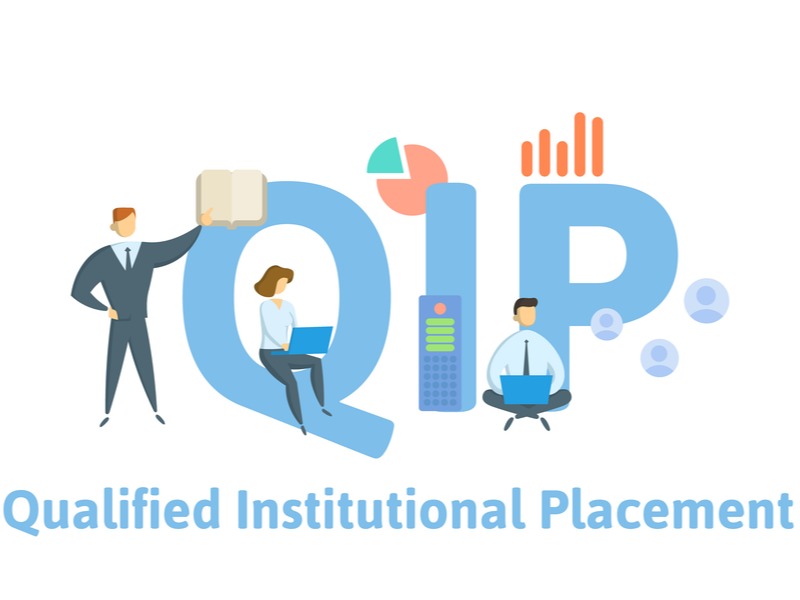
Institutional Placement
Institutional placement refers to the strategic process of connecting graduates and job seekers with relevant employment opportunities within established organizations. This critical function is often facilitated by educational institutions, career services, and professional placement agencies, aiming to bridge the gap between academic preparation and industry demands.
The institutional placement process begins with a thorough understanding of the candidate’s skills, qualifications, and career aspirations. Placement officers work closely with students and job seekers to refine their resumes, enhance interview skills, and provide career counseling. Simultaneously, they build robust relationships with industry partners, understanding their workforce needs and identifying potential matches among candidates.
A key component of successful institutional placement is the organization of job fairs, campus recruitment drives, and networking events. These events provide a platform for candidates to engage directly with potential employers, showcase their capabilities, and learn about various career opportunities. Additionally, internships and cooperative education programs are crucial, offering candidates practical experience and a foot in the door with prospective employers.
Monitoring and feedback mechanisms are integral to the placement process. Institutions track placement success rates and gather feedback from both employers and candidates to continually improve their services. Effective institutional placement not only boosts employment rates but also ensures that candidates find roles aligned with their skills and career goals, contributing to long-term professional growth and job satisfaction.

